Special Report
States Growing The Most Because People are Moving There: All 50 States Ranked

Published:
Last Updated:

Median home prices hit a record high in May, skyrocketing to $419,300 and reaching the 11th month in a row of price increases, according to the latest research published on realtor.com in June. Mortgage rates are also maintaining an average of 6.87% for 30-year fixed, making the possibility of first-time homeownership difficult for some, as these rates have more than doubled for home purchases since before 2020. Despite the high numbers, first-time homebuyers accounted for 31% of sales in May and have been reasonably steady over the last year. The housing supply has increased by 6.7% from the prior month, allowing for more available to see before these buyers make a tough decision.
Throughout the country, home sales have seen a minor to moderate slip from last year in certain areas. The South has fallen 5.1% from the prior year, the West dropped 1.3%, and the Northeast saw a slip of 4%. The Midwest has held steady and is up 1% from this time last year. Population growth does not necessarily follow these trends, as the South continues to be the nation’s most populated region, accounting for 87% of growth in 2023. This area of the country is the only one to maintain growth throughout the COVID-19 pandemic, and much of this is attributed to migrant populations. The region added over 1.45 million residents just in 2023.
To find the states that are growing fastest because people are moving there, 24/7 Wall St. reviewed the Census Bureau’s State Population Totals and Components of Change: 2020-2023, released December 2023. Using 2023 data, we compared each state’s population growth components from July 1, 2022, to July 1, 2023, ranking the states by the percentage of population growth from migration. All data provided is from the Census. (Interestingly, international migration includes armed forces movement.)
Of all 50 states, a few have seen great changes in 2023. Georgia’s population exceeded 11 million people, Texas had its largest numeric change in the nation, adding 473,453 people, and South Carolina and Florida were the two fastest-growing states, with 1.7% and 1.6% growth, respectively. Population growth concentration is also trending outside of the norm. For example, in 2022, Texas, Florida, North Carolina, and Georgia accounted for 93% of the nation’s growth, but only 67% in 2023.

Population growth within the United States has many implications for commerce, health, and environmental areas. With a growing population comes more labor, which brings in more tax revenue. It also requires increased availability of healthcare and public education. The rising numbers directly correlate to the need for more housing of all different types. A local economy can benefit from more people by utilizing tax dollars to improve services to its citizens, making life for everyone better when executed correctly.







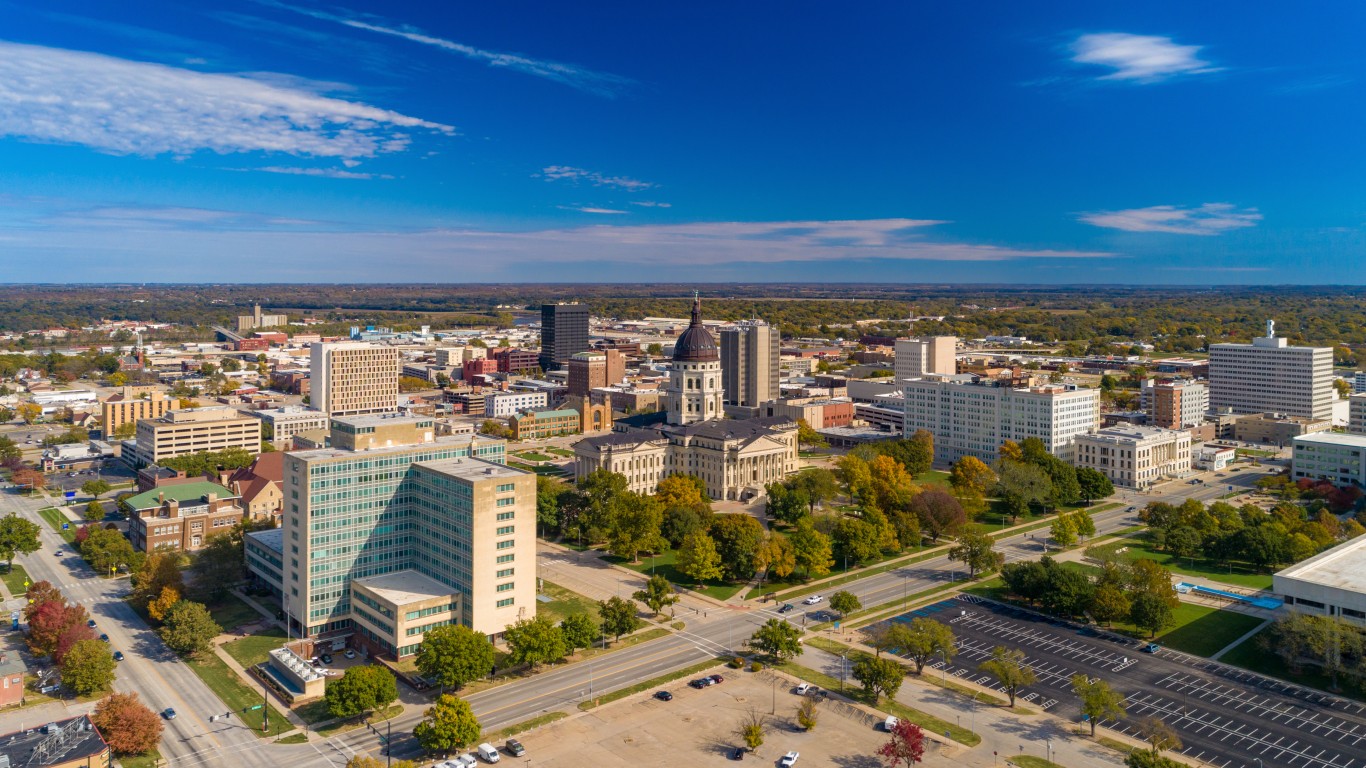






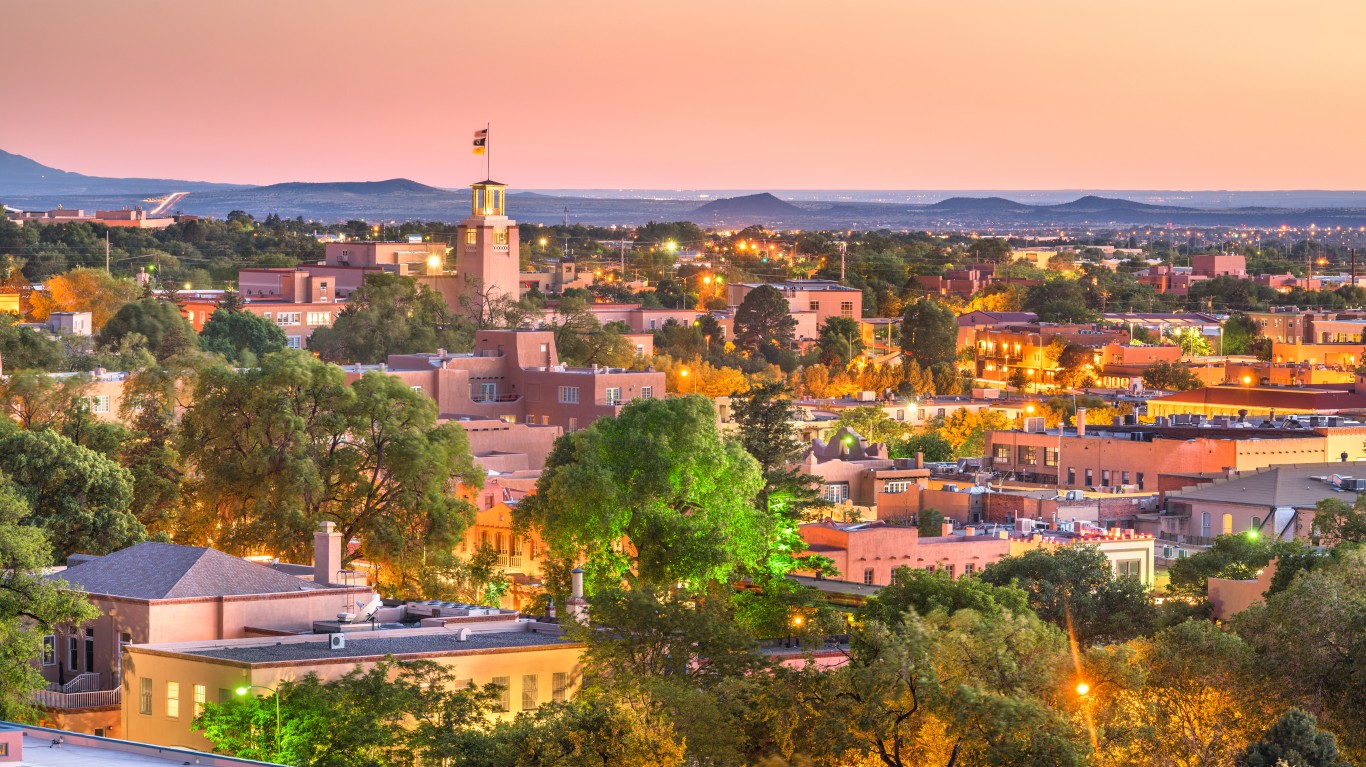









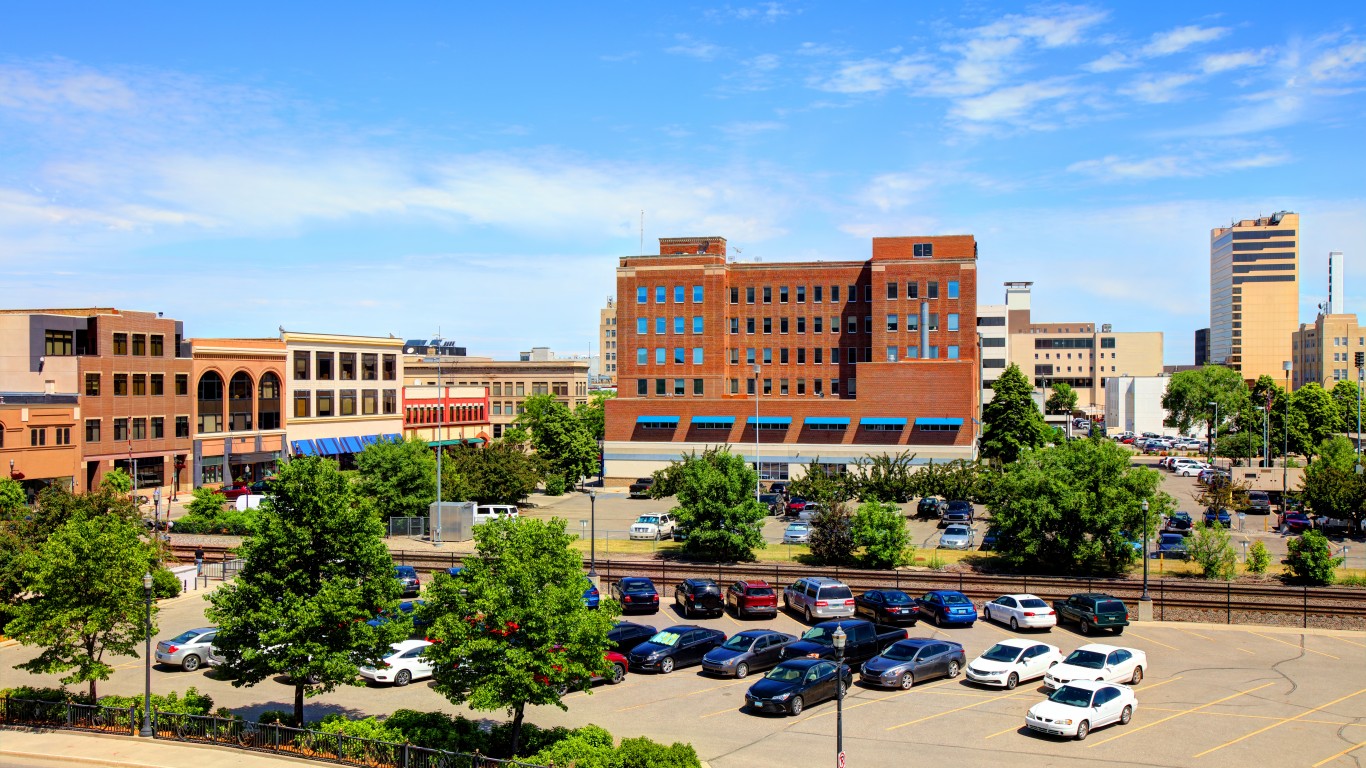








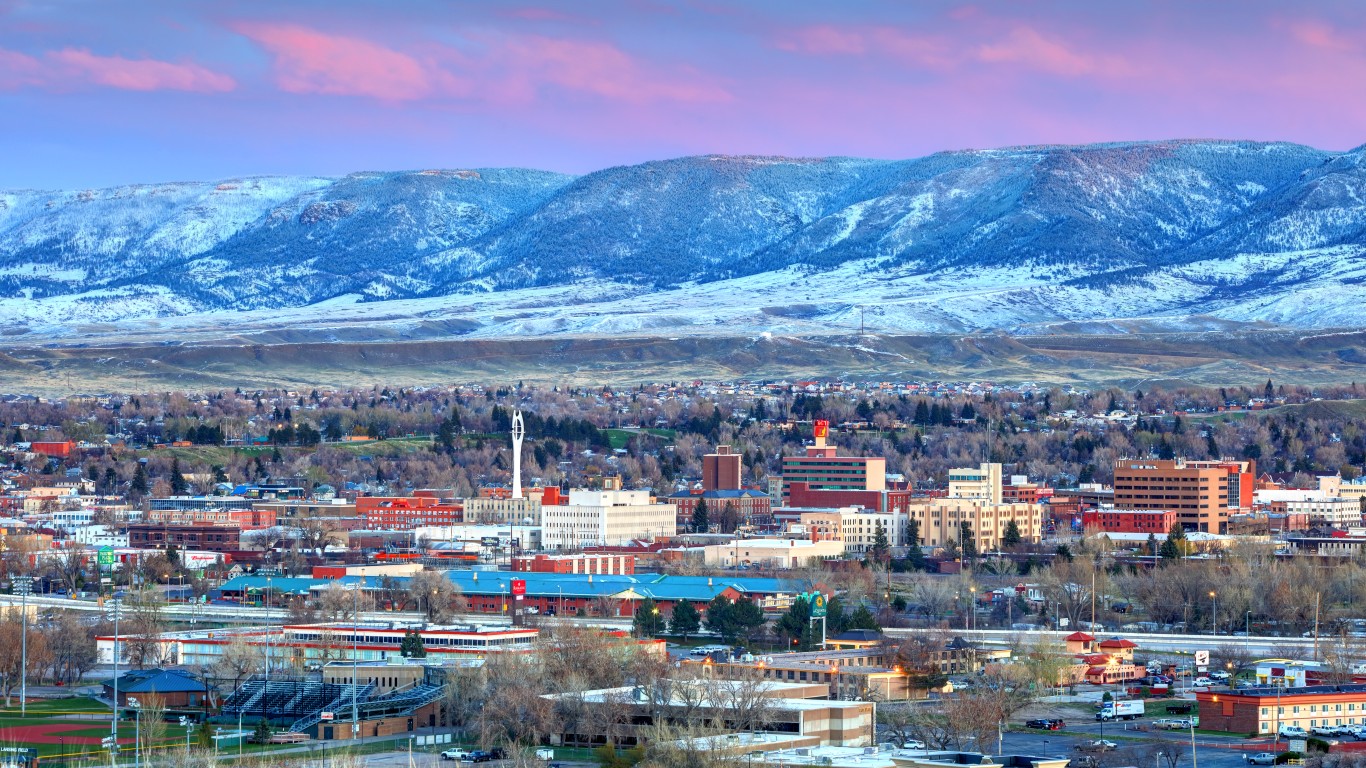



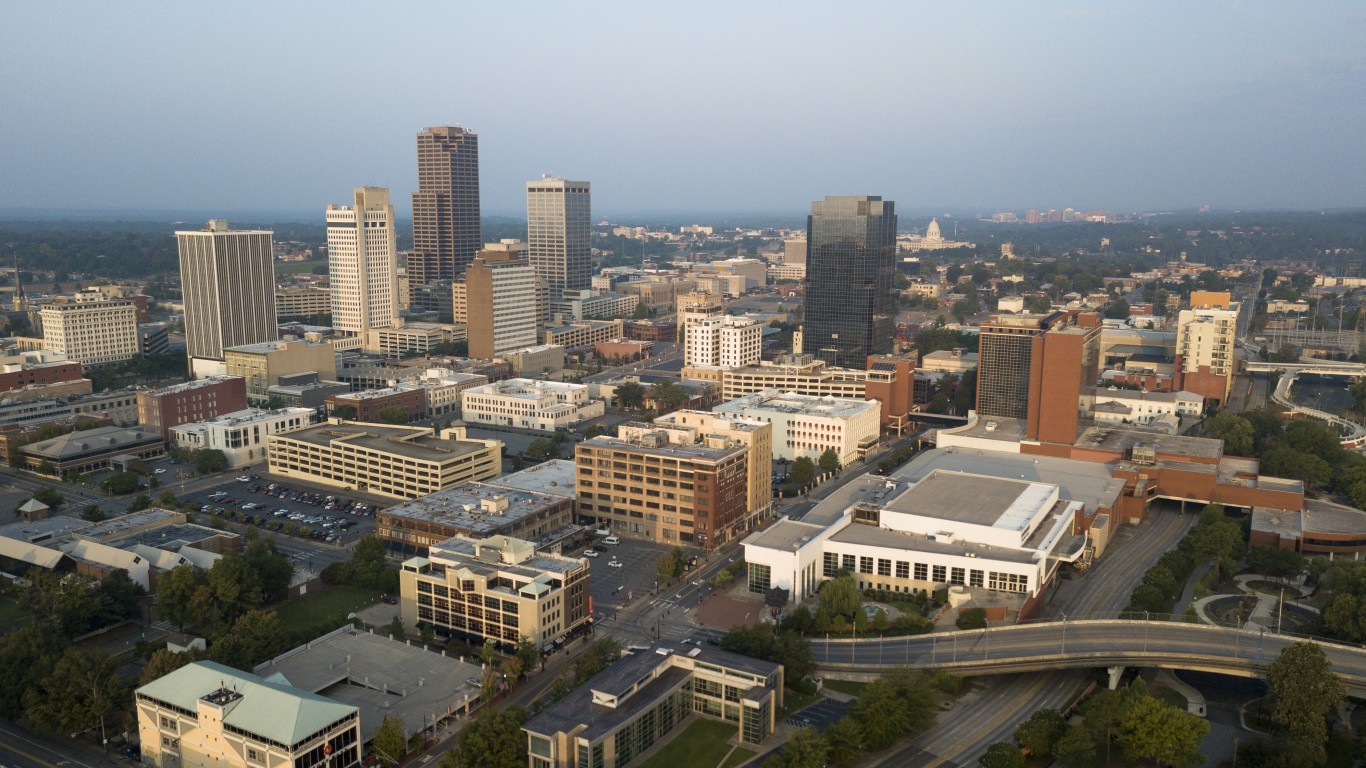
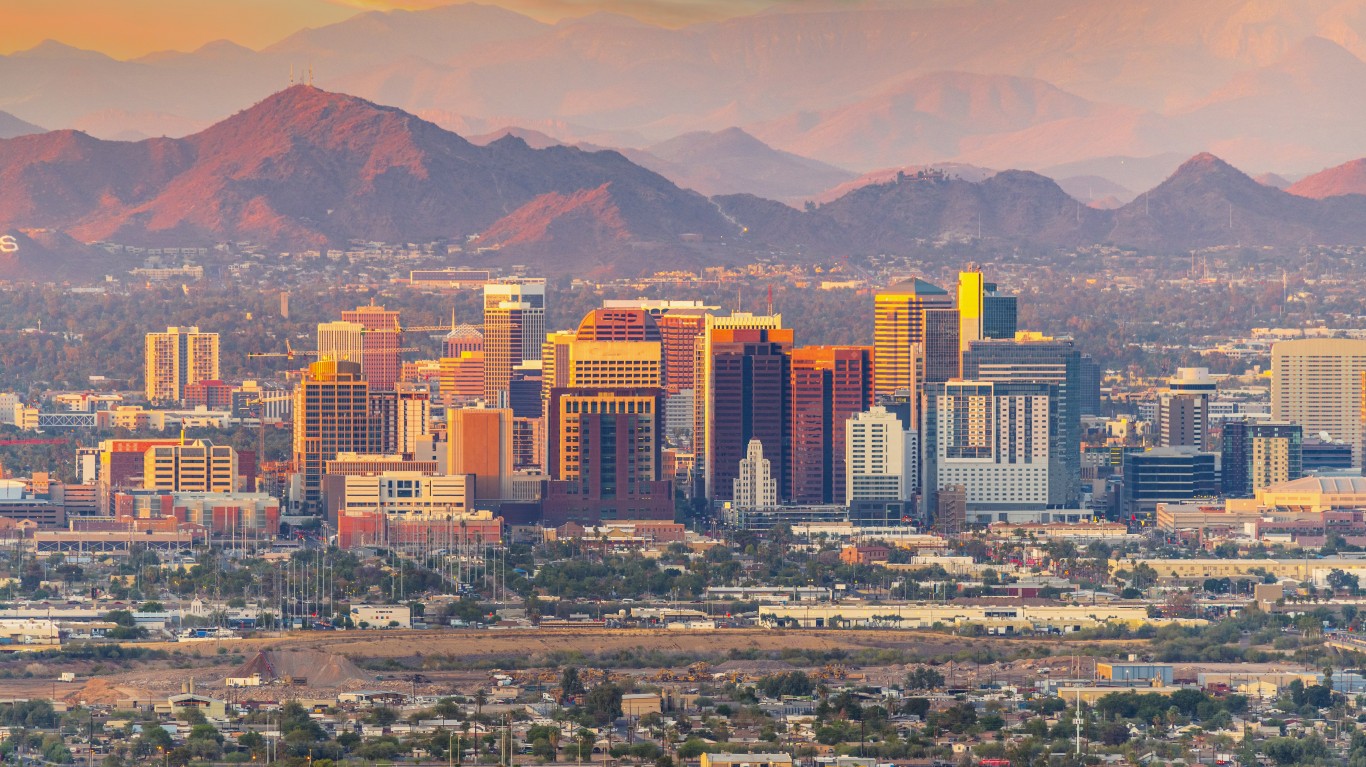



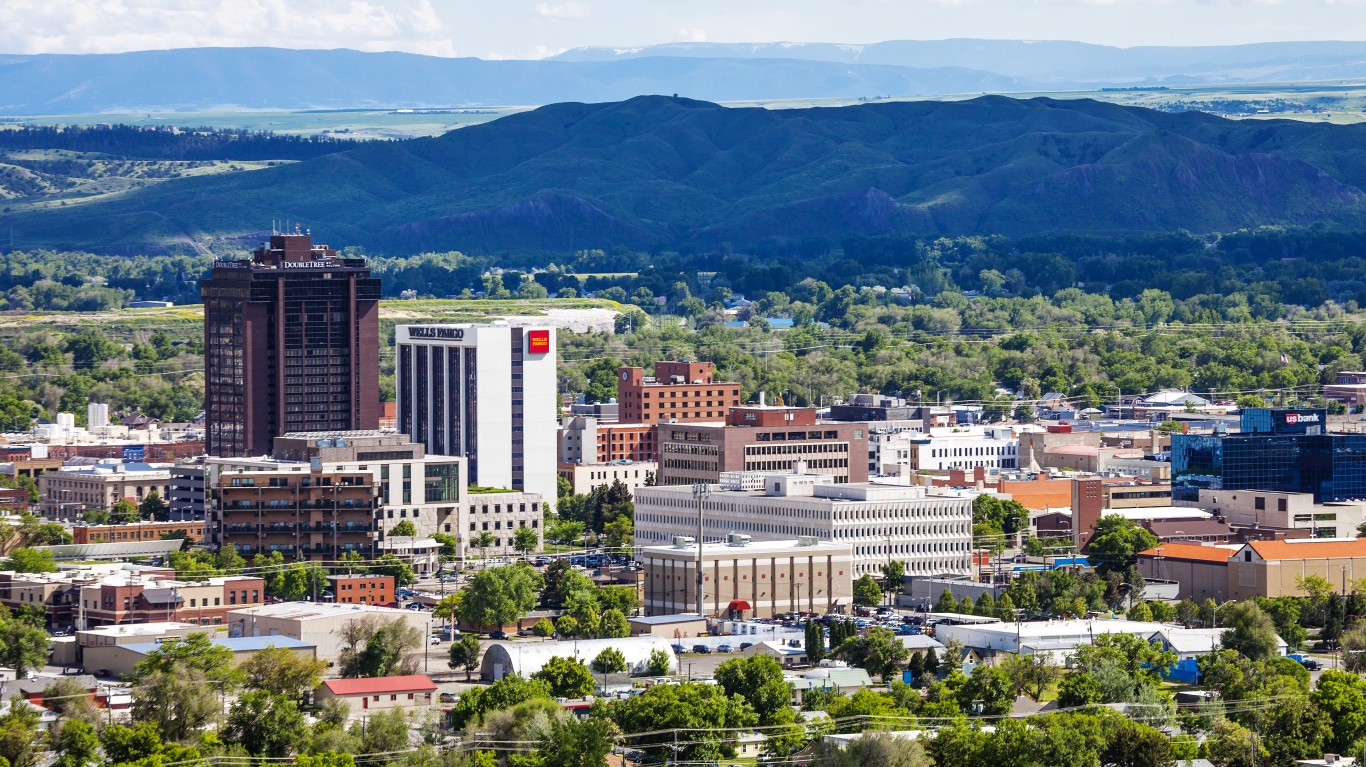






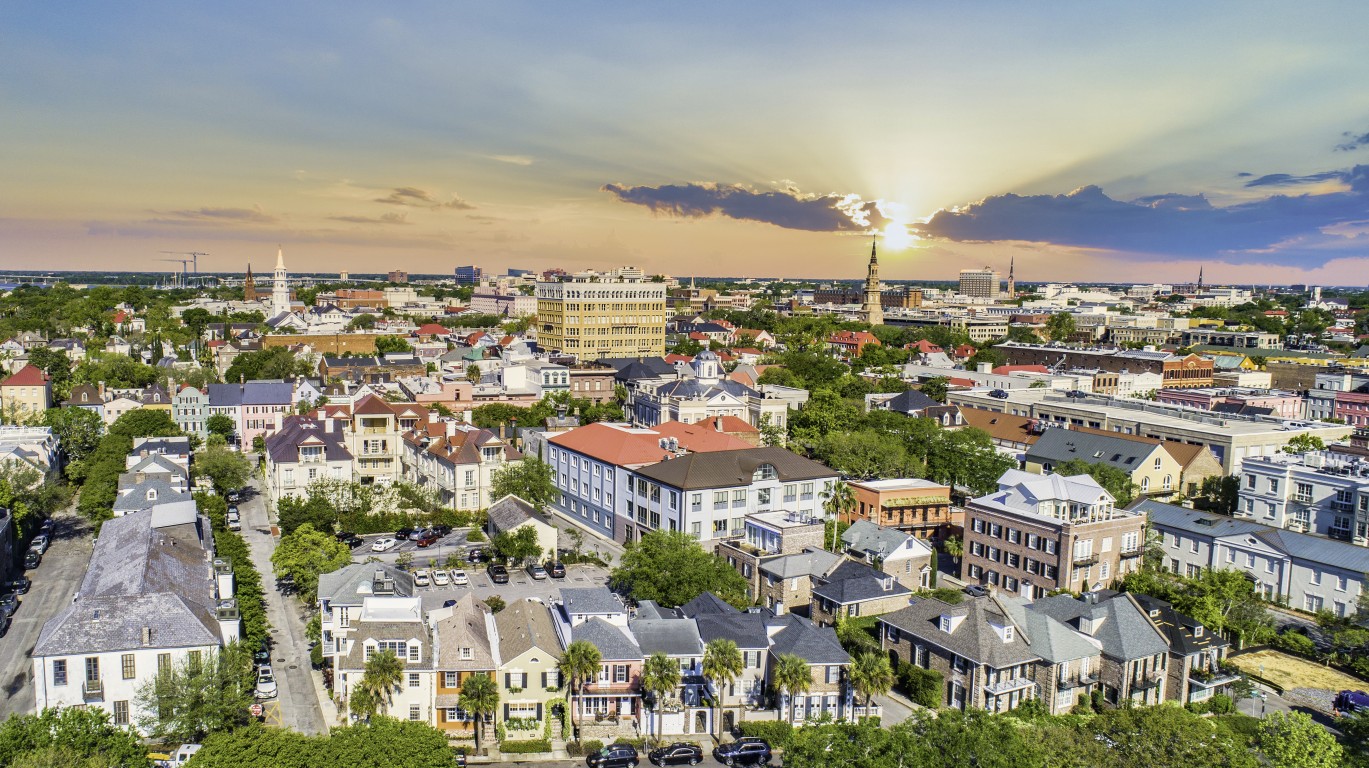
Thank you for reading! Have some feedback for us?
Contact the 24/7 Wall St. editorial team.